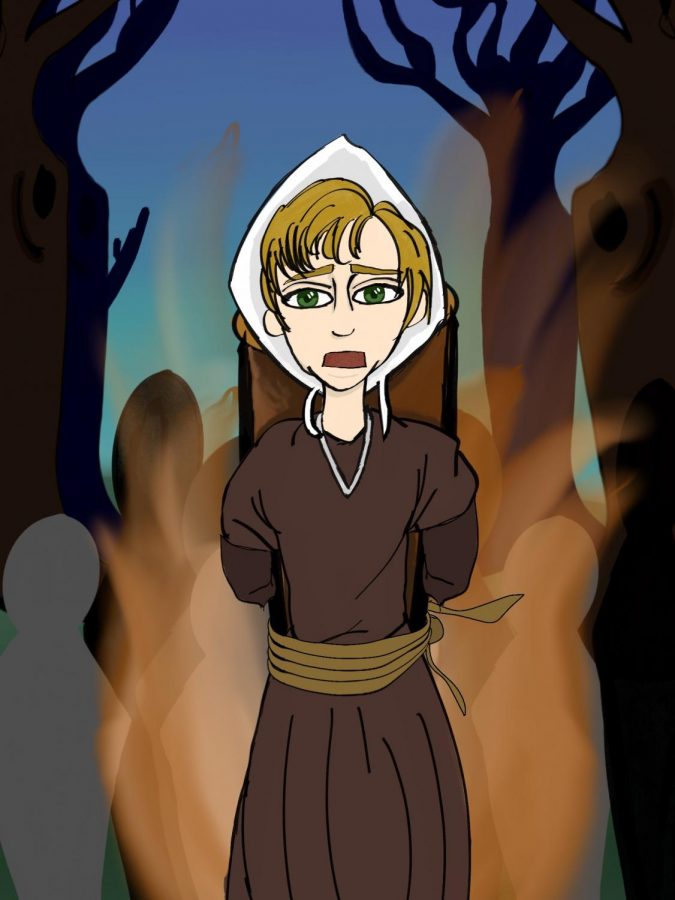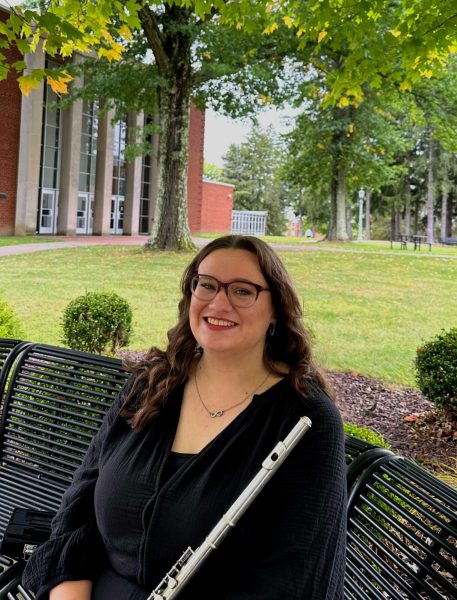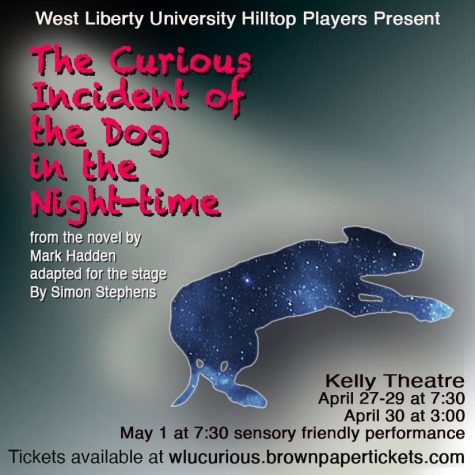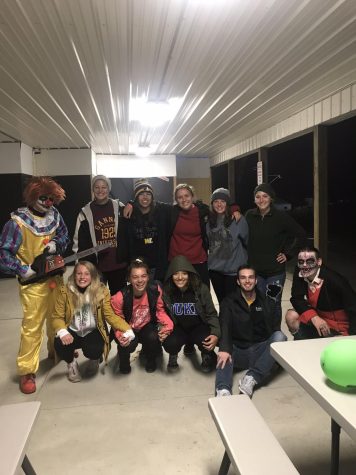The true and fictional events of the Salem Witch Trials leaves many people superstitious…
Witch Trials Illustration
October is the time of year that superstition and fear are at the forefront of everyone’s minds. Black cats, smashing a mirror, and the number 13 are all examples of common superstition, but what happens when superstition overcomes a whole group of people and paranoia takes over?
One of the most notable examples of mass hysteria in history is the Salem Witch Trials. In 1692, paranoia swept the village of Salem, Mass., when a Reverend’s daughter and niece fell ill, and the sickness was thought to be caused by witchcraft. Fear gripped the town and within a few months 19 men and women were sentenced to death by hanging, one man was pressed to death, and several others died in prison after being accused of bewitching young girls and causing their ailments.
At the time, there was “fertile ground for fear and suspicion” according to salem.org. The recent wave of deaths caused by smallpox and the consistent danger from neighboring native tribes made it easy for fear to spread and become a central part of everyday life.
The events in Salem, in 1692, inspired the play “The Crucible” by Arthur Miller, an American playwright. This play is covered extensively throughout education and the lessons it teaches about mass hysteria, superstition, and the failure of those in charge to keep a level head, continue to have an influence on society.
“When I hear someone refer to an event as a “Witch Hunt,” I think of it as being more of a failure of authority in guiding people into a responsible direction,” said Dr Dominique Hoche, a Professor of English at West Liberty University. “Once the problem with the local authorities in Salem and surrounding area was resolved, the paranoia faded.”
Miller’s play adaptation of the story of the Salem Witch Trials does take some creative liberties in telling the tale but the core ideas remain solid. “I think fictional adaptations are part of human culture,” said Hoche. “If anything, the retelling enhances the event by putting it into terms that later people can understand.”
Fictional adaptations of historical events help us to revisit that moment in time and think about how we can apply the circumstances and lessons learned to our current climate. “Shakespeare wrote his history plays as a way of retelling events, but he also used his retelling to comment on current events,” said Hoche. Hearing, seeing or reading these stories are not only fun, but they help us to gain a better understanding of human nature.
West Liberty University is not without its fair share of superstition. Several buildings on campus such as Shotwell Hall and Rogers Hall are considered haunted by both students and faculty. “A lot of my friends that I talk to don’t believe in ghosts, but I actually do. I’ve never really experienced anything eerie on campus, but I feel like I would believe it if it came from a credible source,” said Julianna Haug, a Junior at West Liberty.
During the Halloween season, these types of thoughts pop up much more frequently. Enjoy telling your ghost stories to your friends and family, but remember the dangers that can arise from things being taken too far.

Anna Johnston is a WLU senior from Linlithgow, Scotland. This is Johnston’s fourth year as part of the Trumpet team, having taken on a variety of roles...
Samantha Snyder is currently a senior at West Liberty University. She is majoring in visual communication design as well as minoring in advertising communications....






